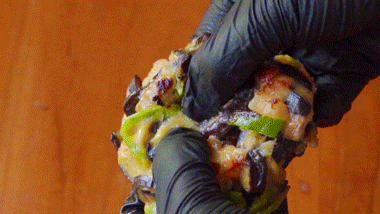An extraordinary case is about to be heard in a British court: the tale of a programmer who lost nearly 7,500 bitcoins worth £5.69 billion. This story is full of determination, frustration, and a battle against both fate and bureaucracy.
In 2013, a British programmer named James Howells accidentally discarded a hard drive containing almost 7,500 bitcoins. At the time, the digital currency was not nearly as valuable as it is today. Howells, a regular worker, had no idea what treasure he was sitting on.

The Unfortunate Loss
James had purchased the bitcoins in 2009, simply out of curiosity. He stored the digital key on his laptop. However, in 2012, while drinking lemon juice at home, he accidentally spilled it on the laptop. This led him to replace the hard drive. The old hard drive, which contained the precious bitcoins, was thrown into a drawer. It was later discarded by his girlfriend, Eddie, during a routine cleaning in early 2013.
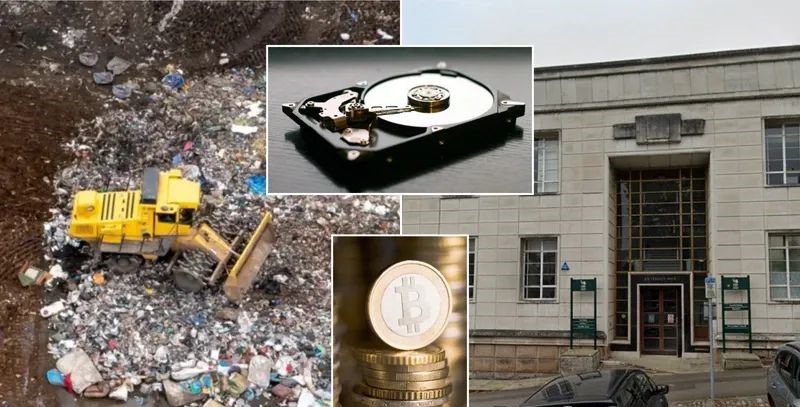
At first, James didn’t react to the loss of the hard drive. It wasn’t until later that year that he read a news story about someone using 1,000 bitcoins to purchase a $400,000 apartment. This made him realize the value of the bitcoins on the discarded hard drive. Unfortunately, by that time, the hard drive had already been sent to the local landfill.
The Search Begins
Not giving up, James conducted a lengthy investigation. He pinpointed the exact location of the trash bag containing the hard drive in a nearby landfill. Despite his findings, local authorities continuously rejected his requests to excavate the site. They cited environmental risks and the potential costs involved.
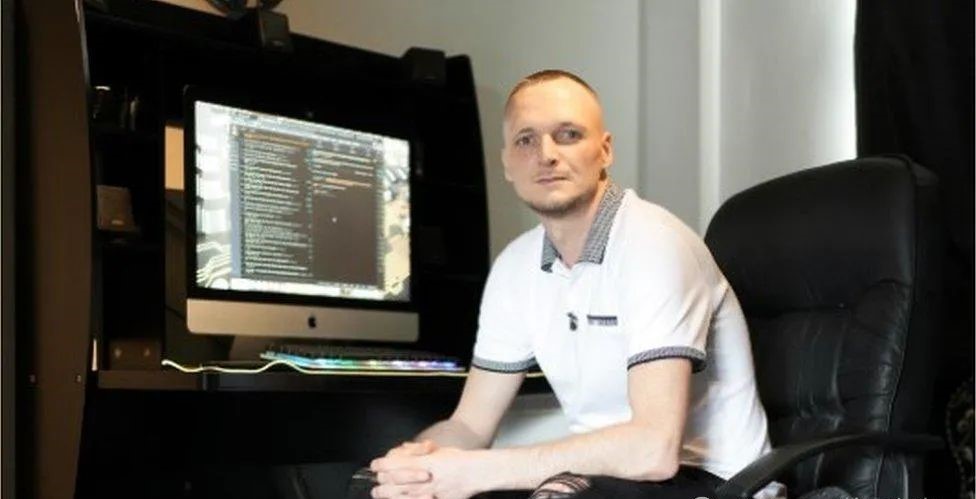
For the next eleven years, James embarked on what can only be described as a “treasure hunt.” He hired professionals, crowdfunded, and even offered a portion of the bitcoin’s potential value as a reward. His fundraising campaign garnered £7.4 million. This allowed him to employ specialized search teams and narrow the excavation site to a 200-meter radius.
However, despite all of this effort, his repeated excavation requests were consistently denied. City officials stated that even if the hard drive were found, the data may have been destroyed by years of exposure to harsh conditions in the landfill.
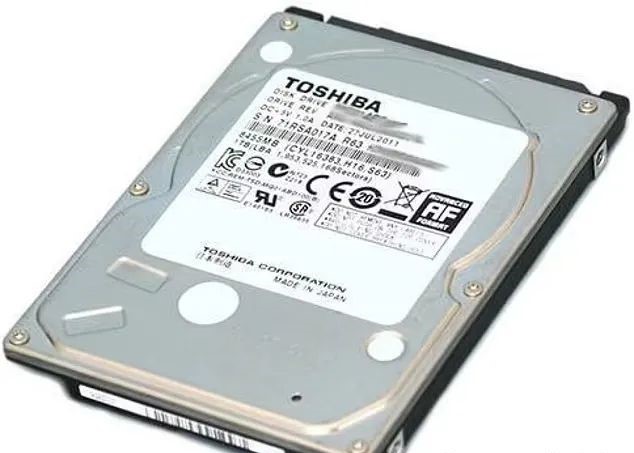
The Battle Escalates
By 2022, the value of the bitcoins had skyrocketed. James’ virtual fortune grew to an astonishing £440 million . His frustration mounted as he realized that he was so close to unimaginable wealth yet could do nothing to retrieve it. Tensions between James and his ex-girlfriend escalated, eventually leading to their breakup. Their two children were raised by Eddie.
As the years went by, James didn’t give up. He continued his search for the lost treasure. In 2023, he resorted to filing a lawsuit against the city council. This time, he accused them of infringing on his intellectual property rights regarding the lost hard drive.

A New Legal Battle
This new lawsuit was filed after James realized that the previous claims based on the “seizure of property” weren’t enough to sway the courts. His legal team argued that the government’s refusal to allow him to dig violated his rights to the knowledge contained on the hard drive.
James also proposed a new arrangement with the local landfill operator. He offered to fund the installation of a new energy farm if he were allowed to excavate. In response, the landfill’s management agreed to his proposition. They also installed new security measures to prevent anyone from attempting to secretly retrieve the hard drive.
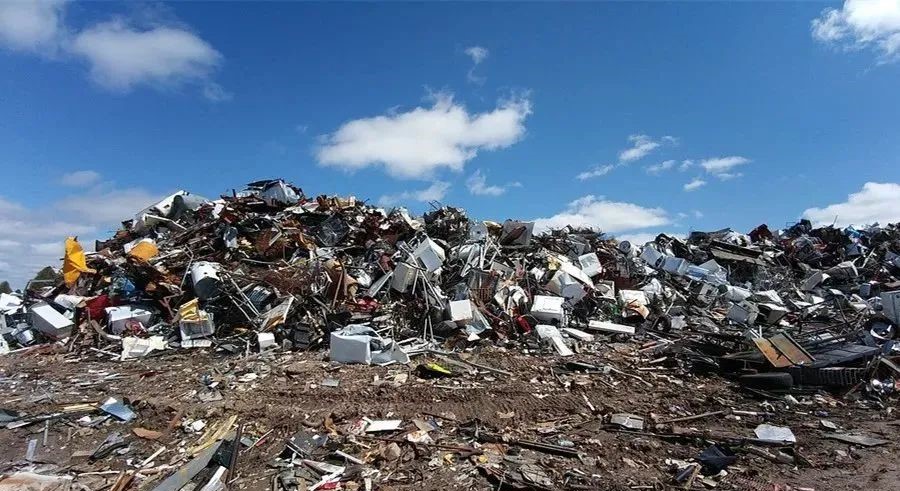
Public Reaction
Despite all of James’ efforts, public opinion remains divided. Some feel he is chasing a lost cause, while others sympathize with his plight. His ex-girlfriend, in particular, has been vocal about the situation. She has expressed a mix of frustration and impatience after years of living with the constant stress of James’ quest.
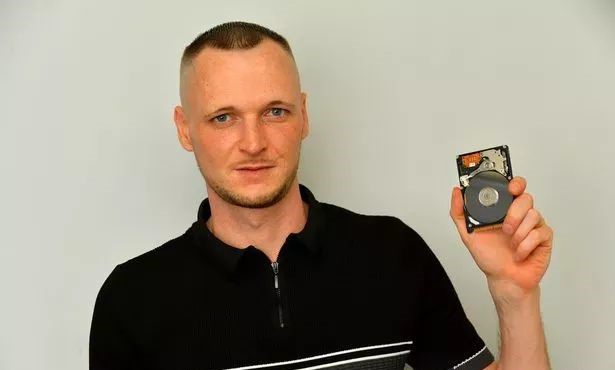
As for James, the case will soon be heard in court in December. The world is watching closely to see whether he will finally be granted the chance to excavate the landfill and recover his virtual fortune.






